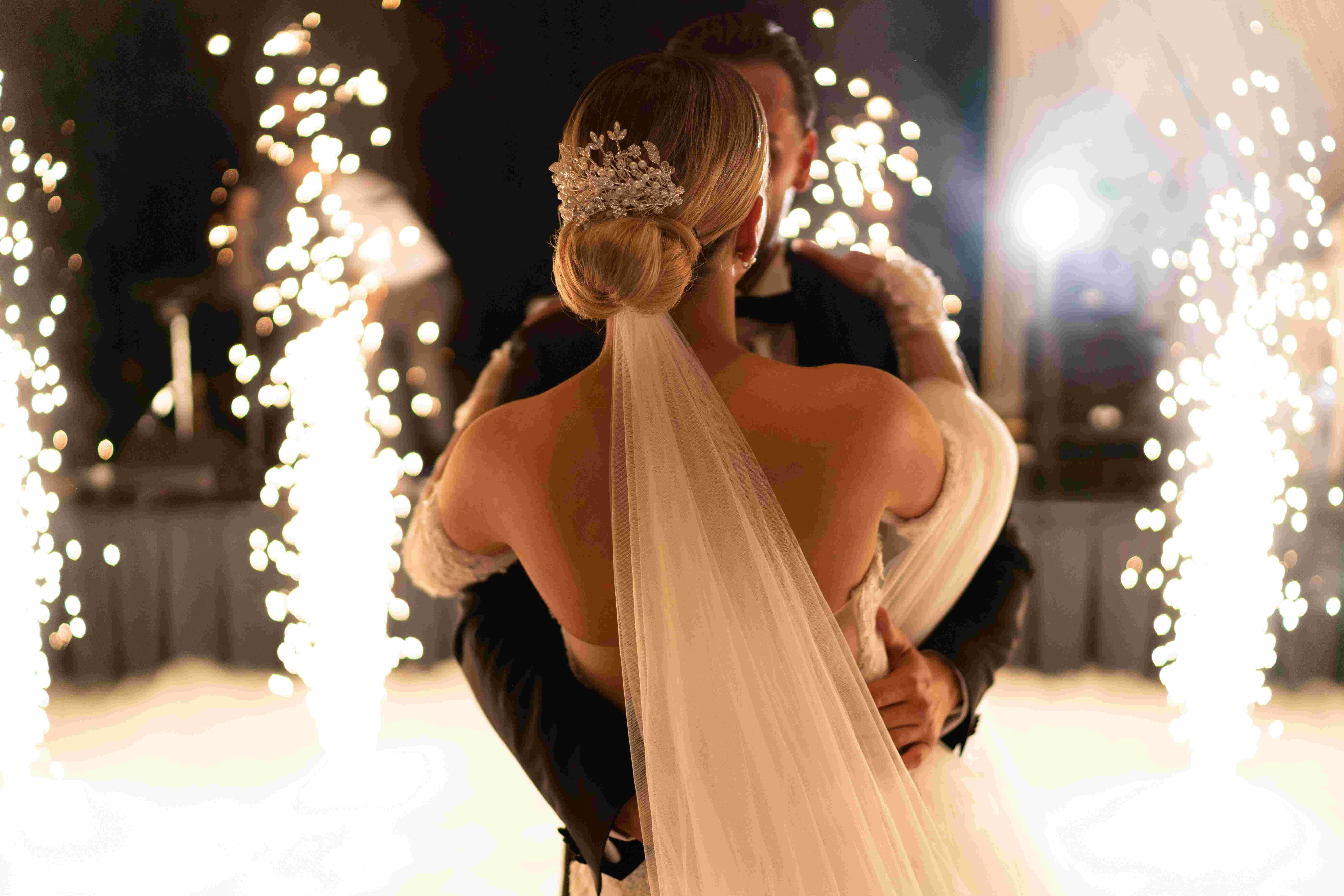
Unions With Celia Wedding Planner, you’ll need to be proficient in a range of skills. These include: Organizing and scheduling meetings with clients. Identifying their proposed vision and practical requirements. Maintaining detailed schedule, contact and budget records.
As a wedding planner, you should also be adept at problem-solving. Especially when issues arise around coordinating venue contracts or service providers.
Planning
Planning a wedding involves any necessary preparations and/or coordination. This can include setting a budget, choosing the venue, and selecting vendors. It may also involve negotiating contracts and making payments. It can also involve assembling guest lists, ordering invitations, and creating a timeline.
Wedding planners must be able to understand their clients and make them feel comfortable talking about their needs, fears, and dreams. They must be able to listen attentively and offer suggestions when needed. This is especially important because people tend to open up to someone they trust.
One of the most important jobs a wedding planner does is helping couples set their budget. It is crucial that they stick to this budget and are careful not to overspend. It only takes a small oversight for expenses to overrun the original budget.
Wedding planners also help their clients select vendors that match their budget and style. This includes finding florists, photographers, caterers, and musicians. It is often helpful for wedding planners to have previous experience in these fields, as they can use this knowledge to guide their clients in the right direction.
Coordination
As the name implies, wedding planners typically meet with their clients to discuss the details of their upcoming wedding. They explain the different packages they offer and listen to what type of wedding the couple wants. They may also discuss a budget at this point.
In addition to meeting with the couple, a wedding planner will help their client select and hire vendors, including photographers, florists, DJs, and caterers. They will check vendor references and reviews, read contracts carefully, and negotiate prices. They will also take into account external factors, such as how popular the wedding date is (which can affect availability and pricing) and whether the couple can afford to hold their event in season.
A day-of coordinator will review and confirm all the wedding day details with their team, and then create a detailed schedule and floor plan for them. The timelines they provide to their team ensure that everyone knows what they’re supposed to do and when. They also work with staff at the venue to make sure tables are bussed quickly and that trash is removed from wastebaskets as needed.
Budgeting
Creating a budget is an important step in the wedding planning process. It helps couples set realistic expectations and decide what they can afford to spend on their special day. It also allows them to determine if they will need to compromise or cut costs. For example, some couples may decide to skip the calligrapher and increase the amount saved for flowers.

During this process, it’s important to take into account any necessary preparations like travel, passport fees and venue rental deposits. Couples should also consider their daily expenses, other bills and debt payments when setting their wedding budget.
Another important element to include is the service fee, which is the additional charge venues pass on to cover the cost of hiring staff for serving food and drinks at the event. Lastly, don’t forget the small but crucial items, such as invitations and postage, which should be budgeted for at a minimum of 3% of your total budget. For ease of tracking, couples can open a dedicated bank account or use a separate credit card to avoid any confusion with regular savings and spending.
Negotiating
With weddings costing an average of over $35,000, some couples may need to learn how to negotiate with vendors. It’s important to prepare yourself before any negotiations by doing research on other venues that offer similar amenities or asking for references from past clients. This will help you to know exactly what you’re negotiating for.
Williams and Parmar agree that if a venue isn’t willing to change their terms, it could be a sign that they aren’t the right fit. But if you do find the right spot, it’s important to be polite and respectful.
Negotiating with your dream vendor can be intimidating, especially if you’re not experienced in the field. To get a feel for it, try visiting a market where bargaining is common and practice your skills.
It’s also a good idea to remember that it’s always possible to make small changes to your event. For example, if your dream venue only hosts weddings on weekends in the summer, it’s easy to save money by booking the date for a weekday instead.
Time Management
A professional wedding planner is experienced and has the skills to help you manage the time it takes to plan your wedding. They can also help you prioritize tasks and make decisions that are best for your circumstances. Moreover, they will be able to anticipate and solve problems that could arise throughout the planning process.
For example, if you want to have acrobats as part of your celebration but have limited space at your venue, the planner can help you find alternative entertainment. They can also recommend vendors for specific services and create a day-of timeline. They may even be able to get you a better deal than if you visited the vendor directly.
Wedding planners can save you time by helping with all aspects of planning, coordinating and budgeting. They will also ensure that nothing gets missed or overlooked. In addition, they can offer a fresh set of eyes on your vision and help you execute it on the big day. Wedding planners have a wide range of industry connections and have been around long enough to know what works and what doesn’t.


